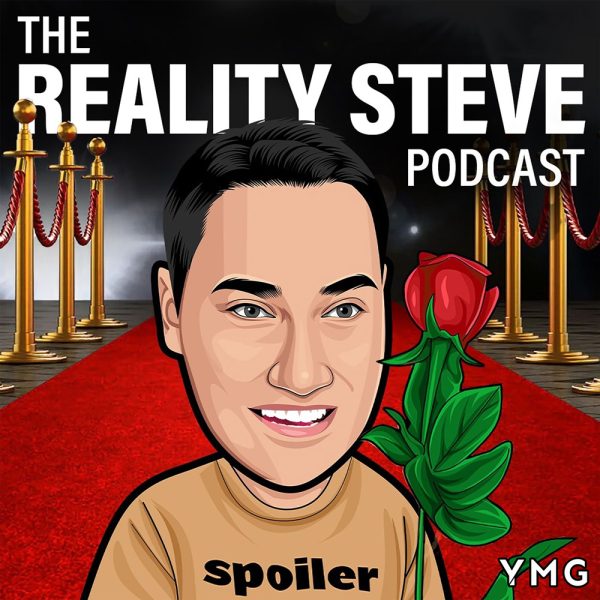Hallmark and the Sheridanverse Are Two Sides of the Same Escapist Coin
At first glance, Yellowstone and a Hallmark holiday movie have nothing in common — one’s a blood-soaked Western dynasty and the other’s a low-stakes seasonal romance in a town that smells like cookies.
But here’s the twist: many viewers who love one also love the other.
Though drastically different in tone and aesthetics, these two storytelling empires are built on the same emotional scaffolding: family, loyalty, romance, grief, homecomings, and the eternal hope that love or legacy will somehow make everything right.

It’s not as strange as it sounds. The Taylor Sheridan universe may wrap its stories in barbed wire and generational trauma, but at their core, they’re still deeply soapy.
His shows aren’t grounded in gritty realism — they’re emotionally heightened, dramatically stylized, and sometimes downright operatic. Sound familiar?
It should. That’s Hallmark’s entire brand.
Hallmark offers clean, sparkly comfort: the small-town heroine, the rekindled romance, the ending you can see coming from the first commercial break.


Sheridan’s world, on the other hand, trades sparkles for scars. His characters ride into storms, not sunsets. Their victories are usually temporary, and their pain is generational. But make no mistake — he’s still selling a fantasy.
I recently responded to a comment praising Sheridan’s “real and raw” approach by saying he doesn’t stop at raw. He goes all the way to tragic and demoralizing. It’s not any more realistic than Hallmark. It’s just a different kind of storybook. And I stand by that.
Look at Mayor of Kingstown, one of the darkest corners of the Sheridanverse. It’s a brutal, relentless portrayal of systemic failure where no one is safe and everyone is broken.
There are no warm smiles, no life lessons — just a slow erosion of hope. It’s the tonal opposite of When Calls the Heart, Hallmark’s long-running ode to community, compassion, and moral clarity.
However, both shows rely on tight-knit towns, leaders under pressure, and a sense of purpose bigger than the individual. They just disagree on whether redemption is possible.


Then there’s Tulsa King, where Sheridan swings the pendulum the other way and leans into humor. It’s not exactly light, but it’s undeniably fun — and surprisingly charming.
You could almost draw a line from Dwight’s fish-out-of-water mobster routine to any Hallmark heroine navigating a new town and a second chance. They’re both trying to reinvent themselves; they just go about it differently.
Landman, meanwhile, dips into the world of business, family, and big consequences — territory Hallmark also loves to mine.
Hallmark has built an entire subgenre around saving the family business, whether it’s a candy factory, a bed-and-breakfast, or a Christmas tree farm that’s been around for “three generations.”
Landman trades aprons for oil rigs, but the emotional blueprint is familiar: legacy, pride, identity, and the push-pull of family expectations. It’s not cozy, but it’s still classic storytelling.


And then there’s romance. Sometimes, Sheridan writes it better than Hallmark.
Spencer and Alex on 1923 are one of the most emotionally compelling couples on television. Their chemistry, their resilience, their sheer devotion make them unforgettable.
Beth and Rip on Yellowstone aren’t far behind, delivering a broken but deeply bonded version of love that manages to be both tragic and tender. These aren’t side plots — they’re emotional anchors. And fans eat them up.
That’s the connective tissue no one talks about. Both universes deliver big emotions. Hallmark guarantees a happy ending. Sheridan guarantees heartbreak. But both promise that love matters.
And that’s why The Way Home may be the most important show Hallmark has produced in years.


It taps into that exact middle ground — the one between cozy fairytales and darker emotional truths. It still feels like Hallmark, but it’s also full of mystery, pain, loss, and complicated family dynamics.
In many ways, it’s the network’s quiet answer to the Sheridanverse. It says: we can go deeper, too. We can blend comfort with reality. We can tell stories that ache a little, not just warm your heart.
That’s why it makes perfect sense that Netflix is leaning in with Ransom Canyon, based on a series of romance novels that sit comfortably between the rugged masculinity of Sheridan’s world and Hallmark’s emotional payoff.
The setting is rural, the stakes are personal, and the romance is front and center. It’s the logical next step — a streaming platform betting on the fact that these fanbases don’t just overlap; they intertwine. If brands know what’s good for them, they’ll watch this release closely.
Whether it’s boots on a ranch or boots under a Christmas tree, viewers are chasing the same thing: connection.


The more a story lets them feel something — hope, heartbreak, healing — the more they’ll keep coming back. It doesn’t matter if there’s a gun or a gingerbread house in the opening scene.
So no, Sheridan’s work doesn’t make other shows boring. He just makes a different kind of promise: one that says, “You will fall in love here — and suffer greatly — in true cinematic splendor.”
And for some people, that’s enough. For others, it’s Hallmark. And for a growing number of viewers, it’s something in between — something like The Way Home — where both fantasy and fear feel true.
Cast your vote in our poll, and weigh in with deeper thoughts in the comments below.
Source link



